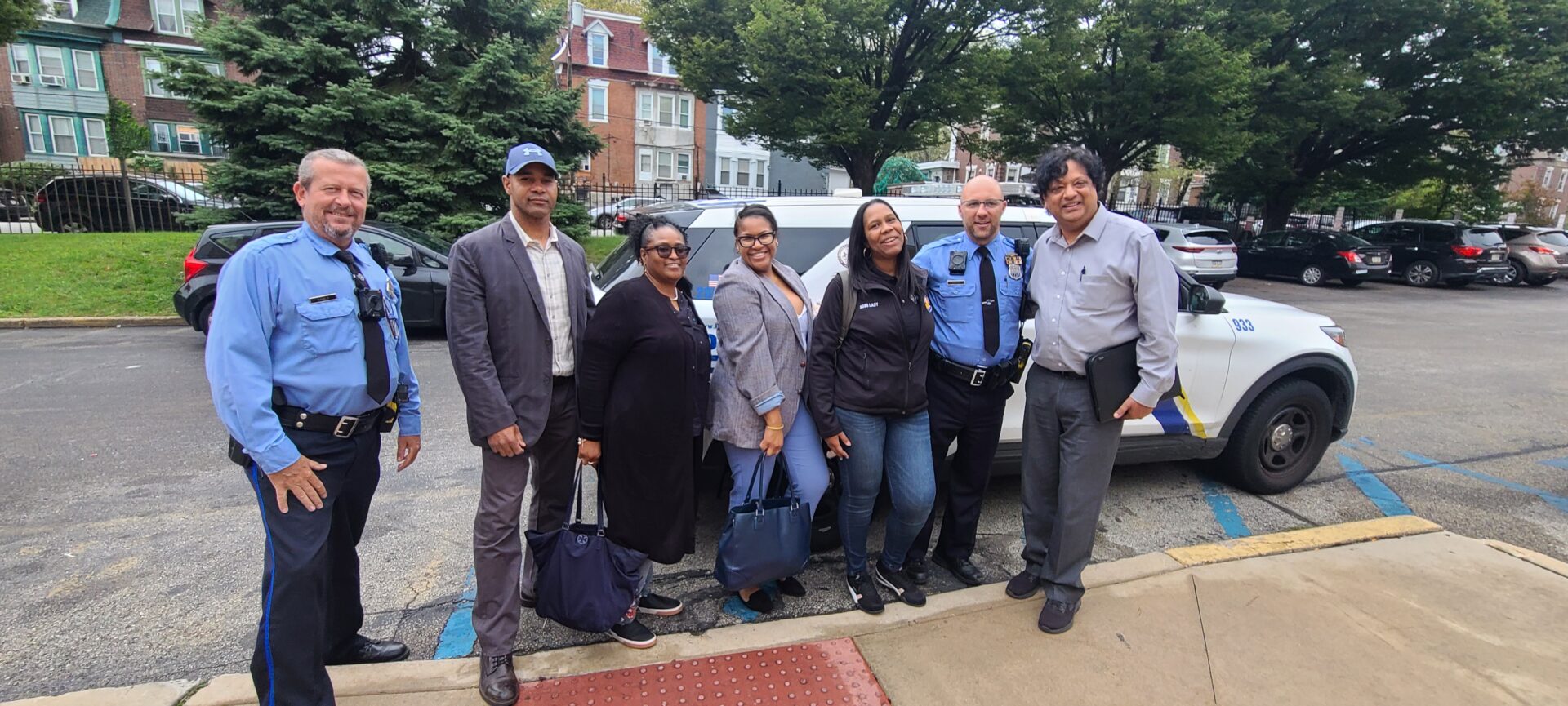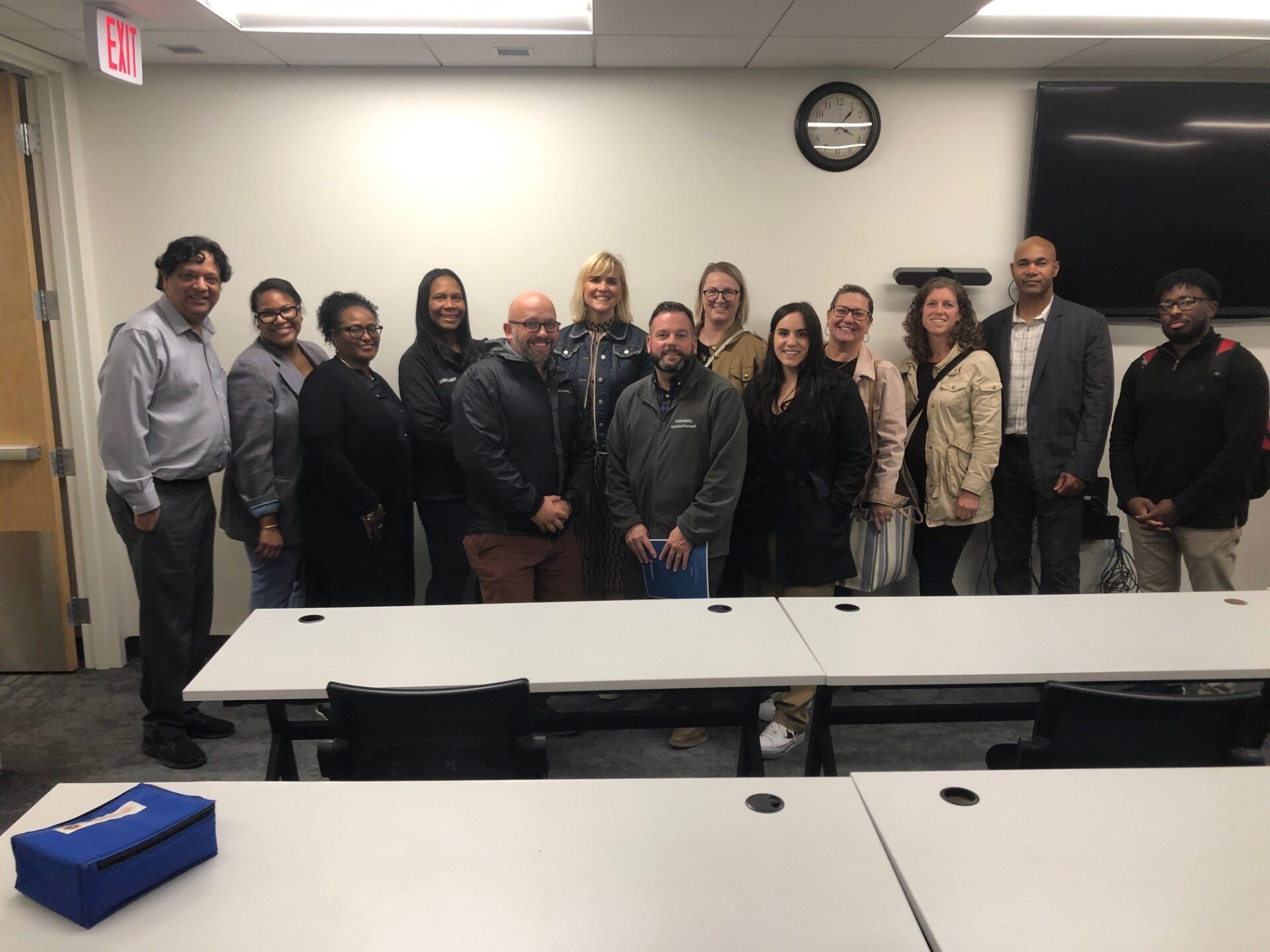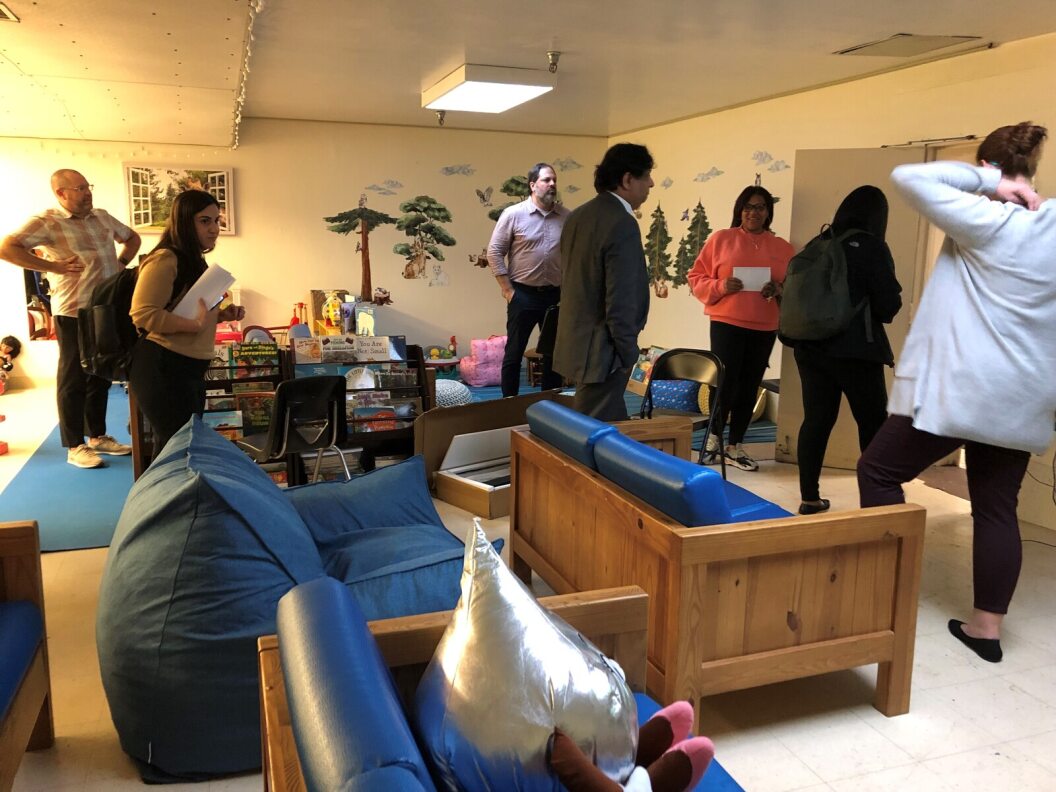Detroit’s delegation, including officials from Mayor Mike Duggan’s Office, the Housing and Revitalization Department, Detroit Wayne Integrated Health Network, and the Detroit Police Department, joined counterparts from Philadelphia, represented by various departments and organizations such as the Office of Homeless Services, the Managing Director’s Office, the Office of Criminal Justice, Families Forward Philadelphia, the House of Passage Access Point, the Department of Behavioral Health and Intellectual disAbility Services, the Philadelphia Police Department, Project HOME, and Pathways to Housing PA.
The meeting served as a platform for an exchange of best practices, lessons learned, successes, and challenges in addressing homelessness, mental illness, and substance use disorders. As the host city, Philadelphia showcased innovative initiatives in homeless services, police diversion, response to the opioid epidemic, and behavioral health investment in housing and homeless services.
For instance, the Philadelphia Police Department highlighted its Police-Assisted Diversion (PAD) program, a pilot initiative redirecting individuals with low-level, non-violent offenses toward supportive, peer-based social services instead of the carceral and justice systems. Additionally, host organizations shared details about preventative programs such as the Overdose Prevention and Community Healing Fund, a $3.5 million grantmaking program, and innovative harm reduction practices by Pathways to Housing, including in-unit technology that supports tenants and prevents overdoses.
“CSH expresses gratitude for the opportunity to collaborate with communities committed to improving services for individuals facing complex barriers to housing. The insights gained from this meeting provide valuable lessons for other communities looking to implement person-centered preventative programs,” said Brian McShane, Associate Director of CSH PA/NJ. “The collaborative efforts witnessed in Philadelphia underscore the potential for impactful, city-wide change, setting a precedent for future collaboration and progress in addressing homelessness.”




